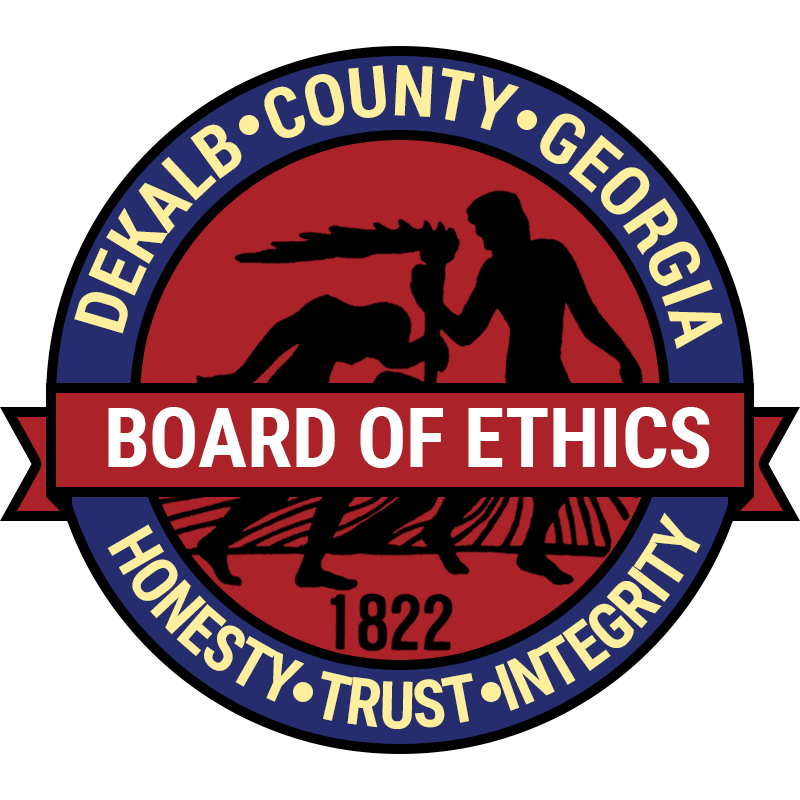Summary of Advisory Opinion 2015-2;
Request of the Deputy Chief Operating Officer for the Public Safety Office in DeKalb County Dr. Cedric L. Alexander for Advisory Opinion
September 22, 2015
Facts
Dr. Cedric L. Alexander is the Deputy Chief Operating Officer in the Public Safety Office for DeKalb County. He is also the current President of the National Organization of Black Law Enforcement Executives. Additionally, Dr. Alexander is a presidential appointee to President Obama’s Task force on 21st Century Policing. According to Dr. Alexander, requests for his opinion and participation on various programs have continually increased since the President’s appointment of him to the Task Force. Dr. Alexander has decided to write a book on the subject of leadership which will be grounded in his education, training, and experience. He also intends to launch a personal website to correspond to the book and address the frequently asked questions from those who express interest in his views.
Issue
Dr. Cedric Alexander requests an Advisory Opinion as to whether, as a full time employee of DeKalb County, he is prohibited by the DeKalb County Code of Ethics from the following:
- Writing, publishing, and marketing a book about leadership.
- Creating, launching, and maintaining a website which correlates to the book and addresses frequently asked questions.
Conclusion
The Code of Ethics does not prohibit a full-time employee of the County from writing, publishing, and marketing a book about leadership or from creating, launching, and maintaining a website to support the book. To comply with the Code of Ethics, however, Dr. Alexander must be diligent to ensure that he does not:
- Purport to be a spokesperson or representative of the County in his opinions, or give the appearance of doing so.
- Utilize County time or resources to support the endeavor
- Allow the private endeavor to cause him to fail to properly discharge his duties to the county.
Discussion
The Code of Ethics prohibits any member of the governing authority from directly or indirectly receiving a thing of value for himself if it tends to influence him in the discharge of his official duties. §22A(c)(2). The code further prohibits any member of the governing authority from using his official position to secure unwarranted privileges, and from engaging in services for any private business or professional activity adverse to and incompatible with the proper discharge of his official duties. §§22A(c)(4)(5).

